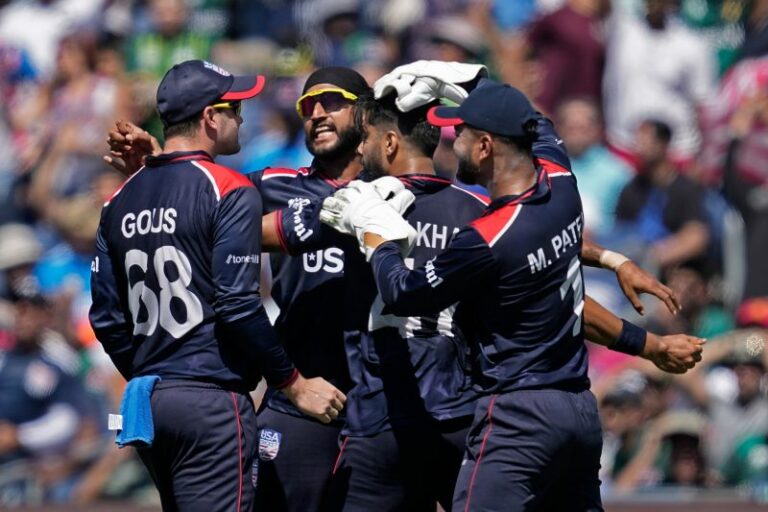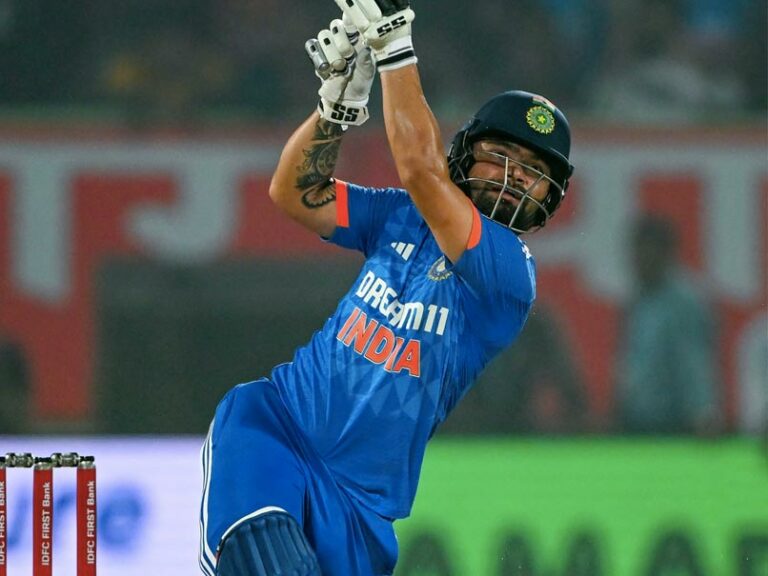Analyzing the Role of Cricket in Conflict Mediation
Reddy Anna Book, Reddy Book Club: Cricket has a longstanding history of being more than just a sport, particularly in regions where it holds significant cultural value. Historically, cricket has been used as a tool for resolving conflicts between individuals and communities, serving as a form of diplomacy to bridge divides and foster understanding. In many instances, disputes that might have otherwise spiraled into violence have been settled through the shared passion for this sport, highlighting its unique ability to bring people together in times of discord.
Dating back to the colonial era, cricket was often played between different groups as a means of fostering camaraderie and cooperation. The structured nature of the game, with its rules and traditions, provided a platform for individuals to come together in a spirit of sportsmanship, setting aside differences and grievances for the duration of the match. This shared experience of competition and collaboration paved the way for open communication and peaceful resolution of conflicts, showcasing the powerful role that cricket can play in promoting harmony and unity within communities.
The Cultural Significance of Cricket in Mediating Conflicts
Cricket, a sport deeply embedded in the cultural fabric of many nations, has played a crucial role in mediating conflicts across borders and communities. The game’s ability to bring people together, regardless of their differences, has been instrumental in breaking down societal barriers and fostering a sense of unity amongst rival groups. This shared passion for cricket transcends language, religion, and politics, creating common ground for dialogue and understanding.
In countries like India and Pakistan, where historical tensions have often overshadowed diplomatic efforts, cricket has served as a unifying force that bridges divides and promotes peaceful interactions. The fierce but friendly competition on the cricket field allows individuals to channel their emotions in a constructive manner, promoting sportsmanship and mutual respect. This shared experience of playing and watching cricket nurtures a sense of camaraderie that goes beyond the boundaries of nationality, laying the foundation for constructive dialogue and conflict resolution.
Case Studies of Cricket’s Role in Resolving Conflicts
Cricket has played a significant role in resolving conflicts in various settings around the world. One notable example is the historic cricket match between India and Pakistan in 2004. The match, known as the ‘Cricket for Peace’ initiative, aimed to ease tensions between the two countries through the spirit of sportsmanship and friendly competition on the cricket field.
A more recent case of cricket’s impact on conflict resolution can be seen in Afghanistan. In the midst of civil unrest and political instability, cricket emerged as a unifying force for the nation. The Afghan national cricket team’s success on the international stage helped bring people together, transcending tribal and political divisions. This shared passion for the sport provided a common ground for dialogue and cooperation, fostering a sense of unity and pride among Afghans during challenging times.







